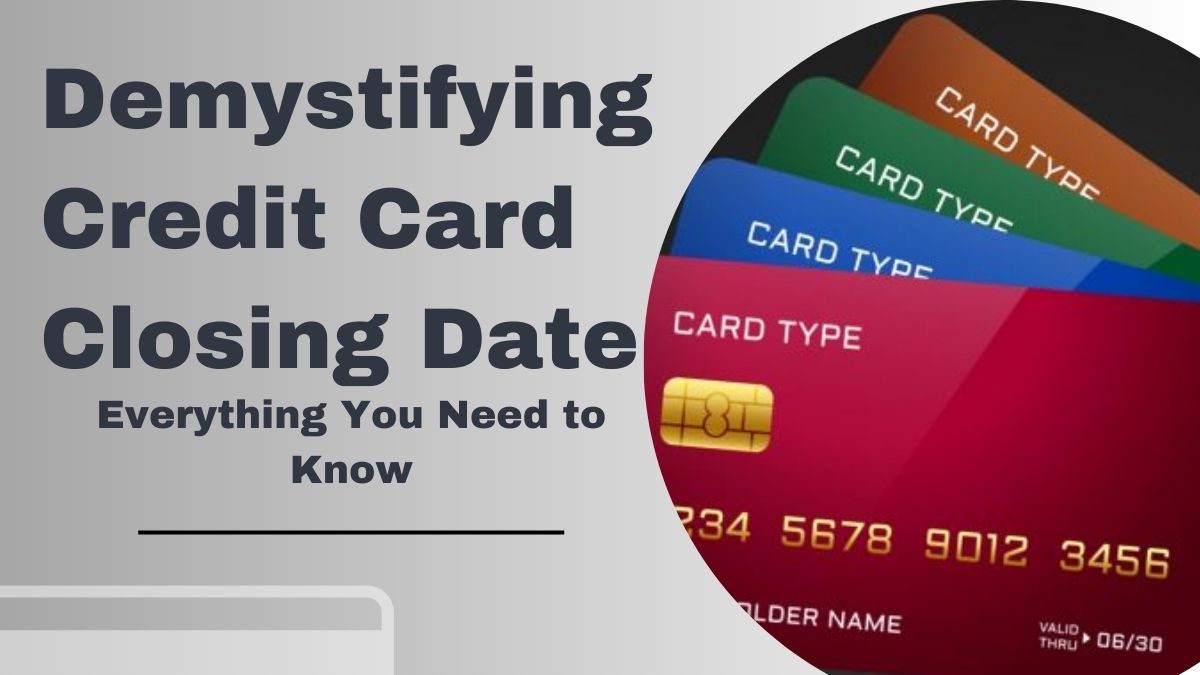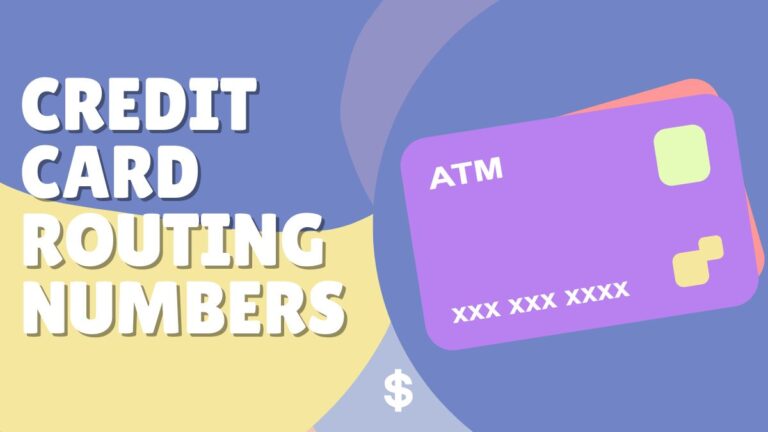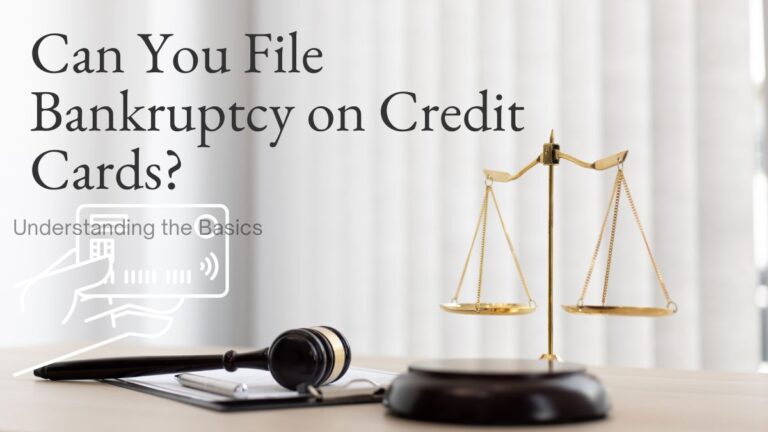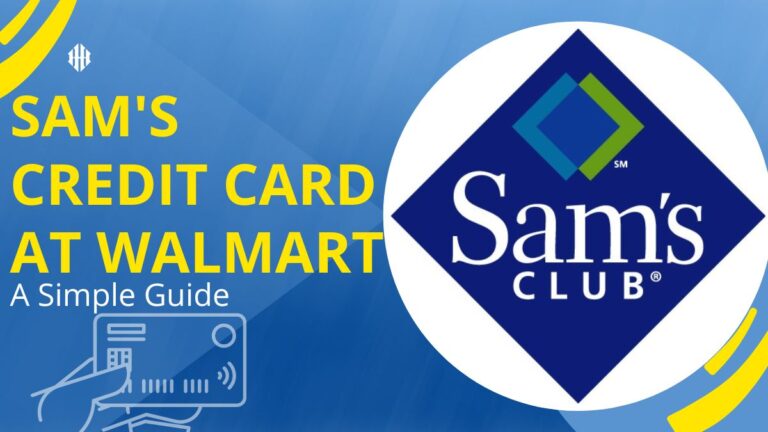Demystifying Credit Card Closing Date: Everything You Need to Know

Are you ready to master the art of credit card management? If so, understanding the ins and outs of your credit card’s closing date is an absolute must! We’ve all been there – seeing that mysterious but oh-so-important date on our statements without truly comprehending its significance. Fear not!
In this comprehensive guide, we’ll demystify the credit card closing date, empowering you with everything you need to know. Get ready to take control of your finances like a pro and unlock the secrets behind this crucial aspect of managing your plastic money. Let’s dive in!
Table of Contents
What is Credit Card Closing Date?

Your credit card closing date is the last day of your bill’s billing cycle. It’s also the day your issuer reports your balance and recent activity to the credit bureaus. That means your closing date can affect both your credit utilization ratio—the amount of credit you’re using compared to your credit limit—and your payment history, two important factors in your credit score.
Paying attention to your closing date is important for another reason, too: It’s when late payments are reported to the credit bureaus. If you don’t pay off your balance in full by the due date, which is typically 21 days after the close of the billing cycle, you’ll likely be charged interest on any outstanding balance. And if you’re more than 30 days late on a payment, that late payment will show up on your credit report—damaging your score.
How Credit Card Closing Dates Affect Your Credit Score?
When you close a credit card, the account is immediately reported as closed to the credit bureaus. This usually hurts your credit score because of it:
- Reduces your total available credit, which can increase your credit utilization ratio
- Eliminates one of your active lines of credit, which can shorten your average credit history
- This may cause you to lose any positive payment history you have with that creditor
If you’re thinking about closing a credit card, it’s important to weigh the pros and cons carefully. Ultimately, you’ll need to decide if the short-term hit to your credit score is worth the long-term benefits of closing the account.
In some cases, closing a credit card can benefit your credit score in the long run. For example, if you’re paying high-interest rates on the account, paying it off and closing it may save you money over time. Or, if the account has an annual fee that outweighs its benefits, then closing it might be a good financial decision.
The Best Practices for Credit Card Closing Date
It’s important to know the best practices for credit card closing dates. If you close a credit card, it can affect your credit score. It’s also important to know what happens to your outstanding balance and if you’ll be charged a fee. Here are some tips:
- If you have an outstanding balance, pay it off before closing the account.
- If possible, transfer your balance to another card before closing the account.
- Check with your issuer to see if there are any fees associated with closing the account.
- Be sure to cancel any automatic payments or subscriptions that are set up on the card.
following these tips will help ensure that you close your credit card in a way that won’t negatively impact your finances.

Tips for Maximizing the Benefits of a Credit Card Closing Date
If you are working to improve your credit score, one strategy is to use your credit card closing date to your advantage. Your credit utilization – or the amount of debt you have relative to your credit limit – is one factor that goes into your credit score calculation. So, if you can pay down your balance before your statement closes, you can help lower your credit utilization ratio and give your score a boost.
Here are a few tips for maximizing the benefits of a credit card closing date:
- Know when your statement closes. This varies by issuer, so be sure to check the date on previous statements or call customer service to find out.
- Make a big payment before your statement closes. If possible, pay off your balance in full or make a significant dent in what you owe. This will lower your credit utilization ratio and give your score a boost.
- Avoid new charges before your statement closes. If you add new debt to your account before it closes, it will nullify any positive impact from paying down your balance beforehand. So resist the urge to shop until after your statement has closed.
- Watch out for minimum payments. Some issuers calculate rewards based on the minimum payment due, rather than the full balance owed. So if you want to maximize rewards points or cash back, be sure to pay more than the minimum each month.
- Make your payment on time. Paying late can get you hit with late fees and higher interest rates, both of which can hurt your credit score. So be sure to set up automated payments or mark the date in your calendar as a reminder to pay on time.
Following these tips can help you maximize the benefit of your credit card closing date and make the most of every credit card payment. With a little careful planning, you can use this to your advantage and give your credit score a nice boost!
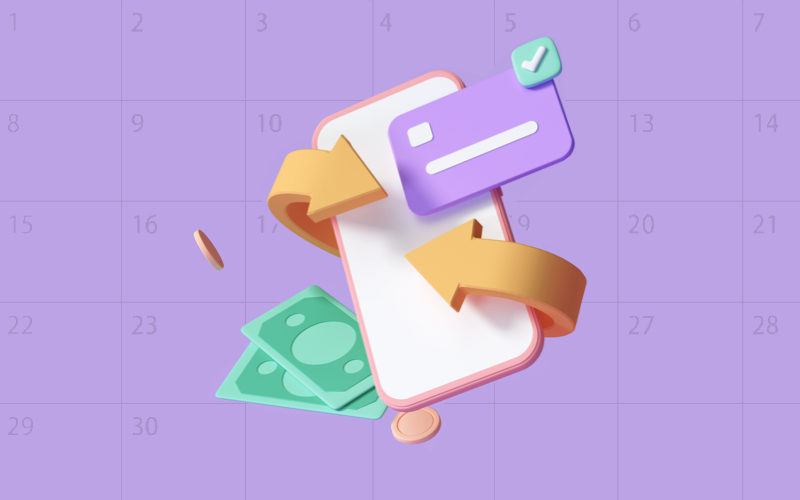
Understanding Grace Periods and Timelines
When it comes to credit cards, the closing date is the last day of your billing period. Your billing period is typically two weeks to one month long. The closing date is also the cutoff for transactions that will be included in your next bill.
For example, if your billing period is from the 1st to the 31st of every month, and you make a purchase on the 30th, that purchase will be included in your next bill. If you purchase on the 1st of the following month, it will not be included in your current bill.
However, there is a grace period between the closing date and when your bill is due. This grace period usually lasts 21 days. During this time, you can still make purchases without accruing interest. Once the grace period ends, any new purchases you make will start accruing interest immediately.
It’s important to understand Grace periods and timelines because if you don’t pay off your balance in full before the due date, you will be charged interest on any new purchases you made during that billing cycle—even if they were made during the grace period.
So if you carry a balance on your credit card from one month to the next, you’ll want to avoid making any new purchases until you’ve paid off that balance. That way, you can avoid paying interest on those new purchases altogether.
Alternatives to Credit Card Closing Date
There are a few alternatives to credit card closing dates that may better suit your needs. You can choose to keep the card open and inactive, which means you won’t use it or make any new charges. If you decide to do this, make sure you cut up the card or hide it away so you’re not tempted to use it.
Another alternative is to transfer the balance of your credit card to another card with a lower interest rate. This can help you save money on interest and pay off your debt faster. You could negotiate with your credit card company for a lower interest rate or different terms. If you have good credit, they may be willing to work with you.
Finally, you could also choose to close the card and use other forms of payment such as cash or debit cards. Closing a credit card is not always necessary and can hurt your credit score, so explore all of your options first before deciding what’s best for you.
Conclusion
Knowing your credit card’s closing date is essential for taking control of your finances. By understanding when the closing date is and what it means, as well as how to handle late payments or other issues related to your statements, you can ensure that you have a healthier financial situation overall. With this knowledge in hand, you’ll be able to confidently make sound decisions regarding your credit cards and secure yourself both now and in the future.
